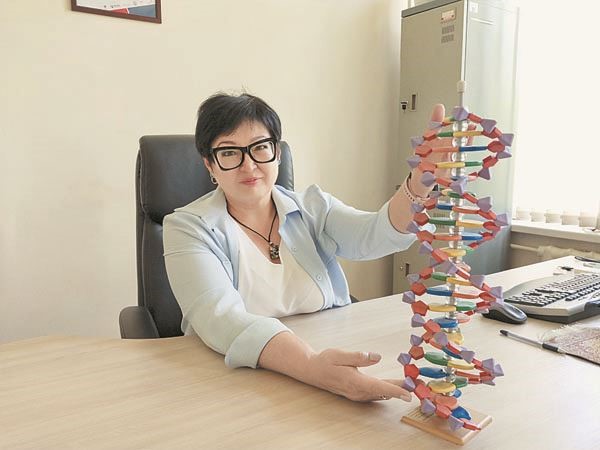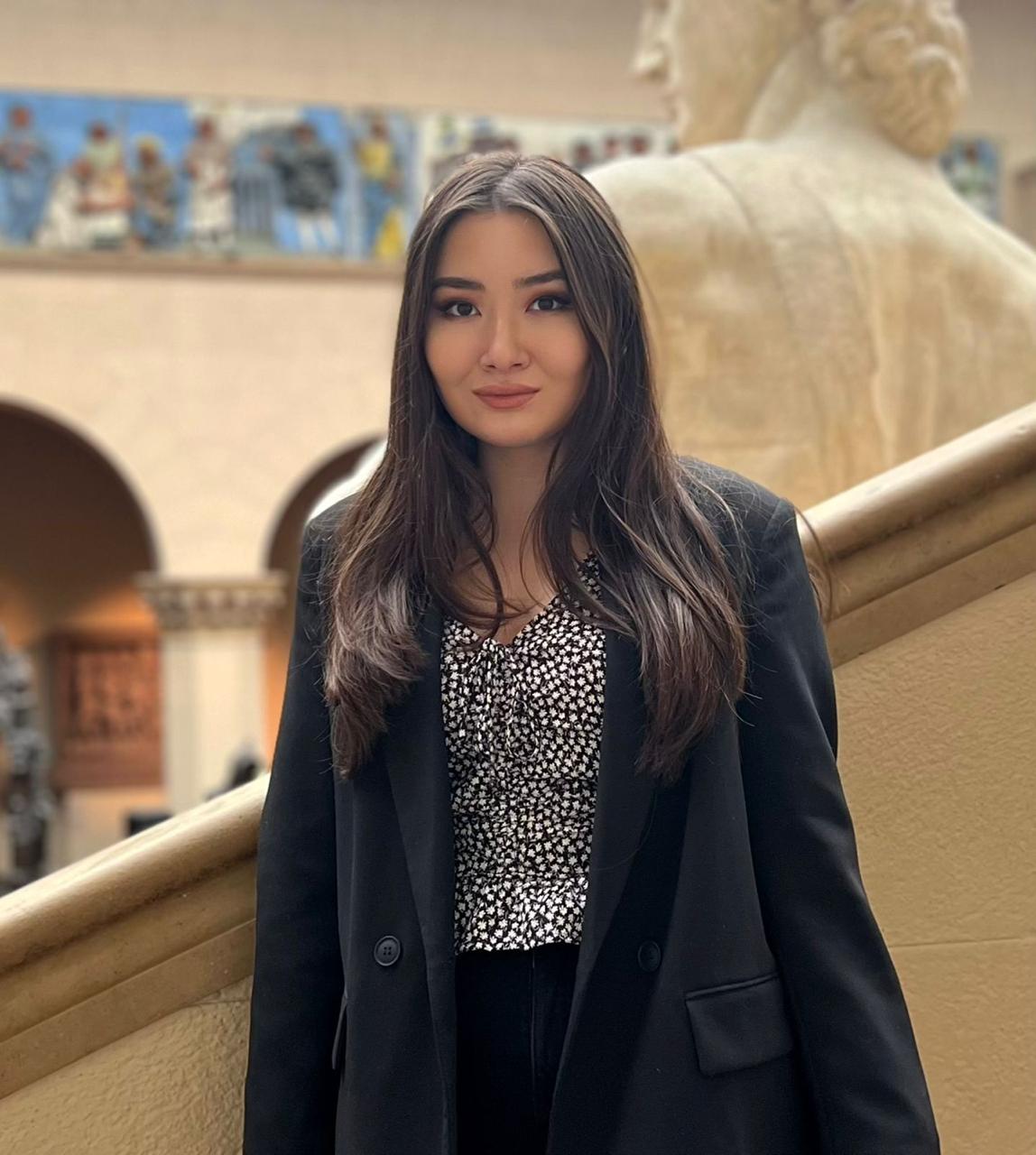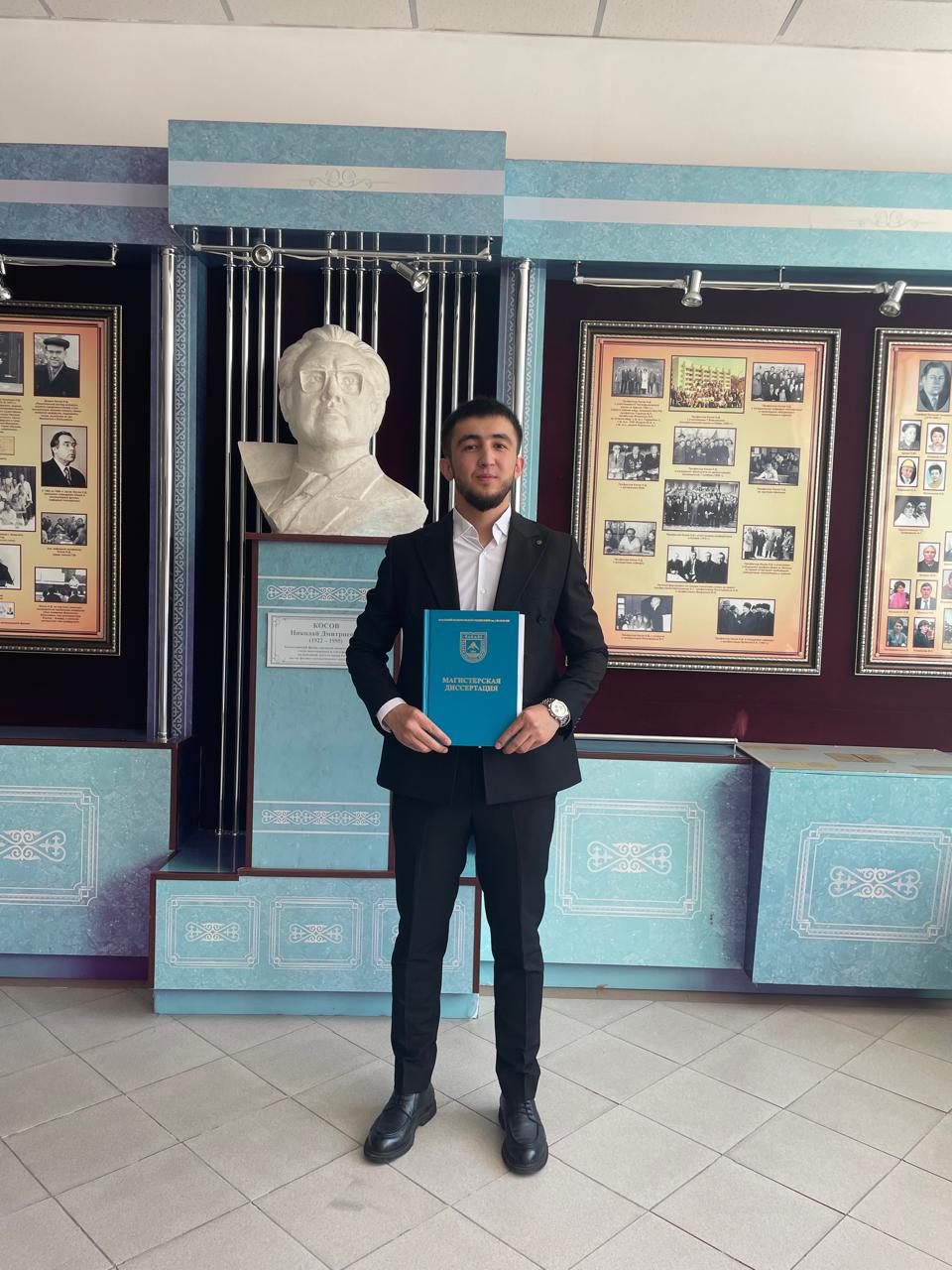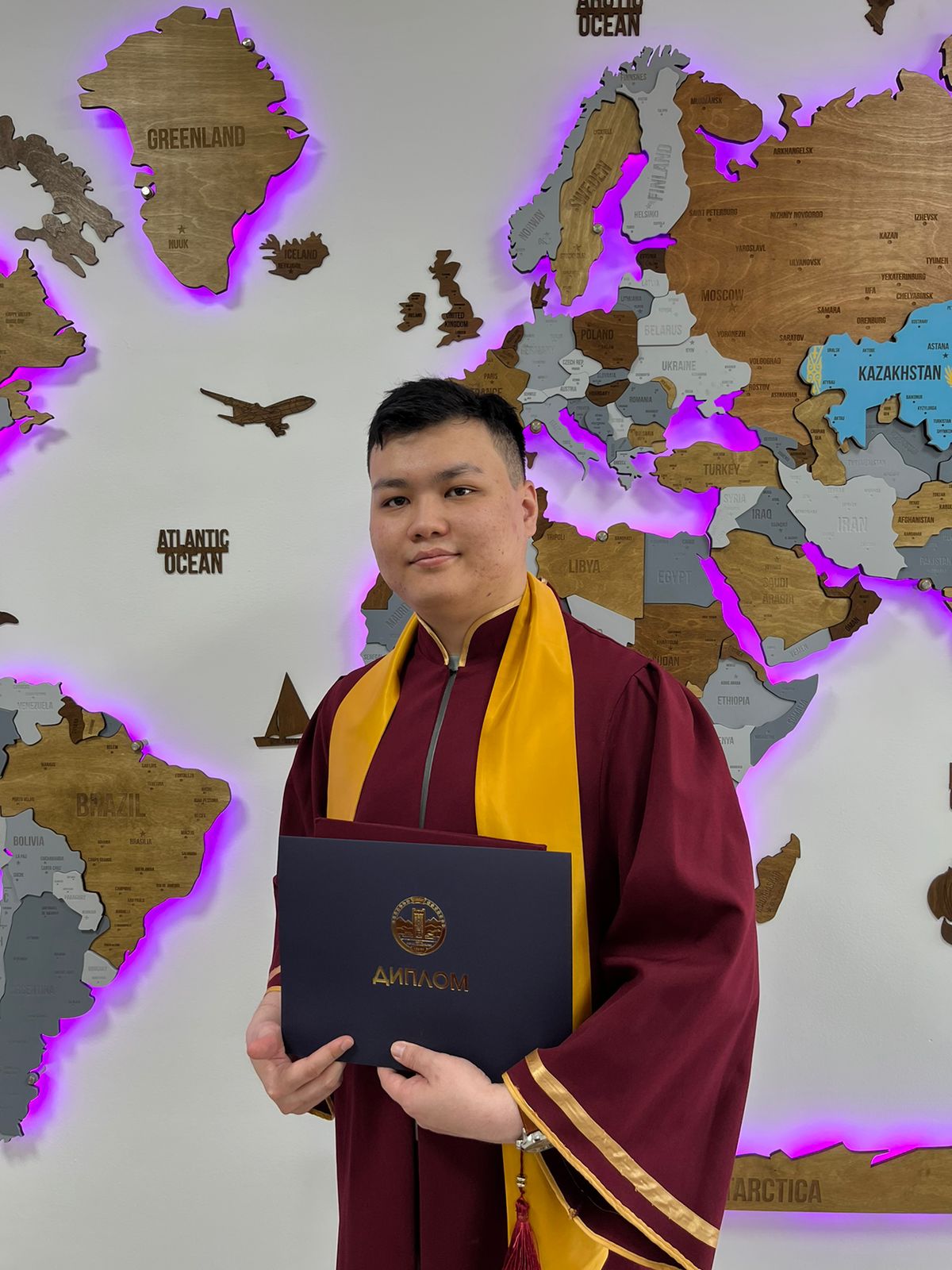
Leila Bulatovna Djansugurova, a full member of the International Academy of Informatization since 2018, was born in 1967. She graduated in 1989 from the Biological Faculty at S.M. Kirov KazGU with a speciality in Biology. Additionally, beginning in 1986, she undertook a personalised study program at the Department of Genetics at M.V. Lomonosov Moscow State University. She completed her coursework and thesis at the Institute of Molecular Genetics of the Russian Academy of Sciences in Moscow. In 1993, she successfully defended her dissertation titled "Genetic instability of mutations in Drosophila melanogaster induced by oncogenic DNA," earning a specialisation in Genetics. She was named Associate Professor in 2004 and was promoted to Full Professor in 2015.
From 1992 to 1996, Djansugurova contributed as a research scientist in the neurogenetics and developmental genetics laboratory at the Institute of Gene Biology of the Russian Academy of Sciences in Moscow. Since 1996, she has been a part of the Institute of Genetics and Physiology (previously known as the Institute of General Genetics and Cytology), initially working as a senior research scientist in the molecular genetics laboratory. Between 2006 and 2022, she took on the role of General Director while also fulfilling teaching responsibilities at the Department of Genetics and Molecular Biology at Al-Farabi KazNU.
Leila Bulatovna Djansugurova is a renowned molecular genetics and cellular biology expert with a wide range of scientific interests. These include the study of genetic instability, the mechanisms of carcinogenesis and apoptosis, the regulation of gene activity during development, and how organisms respond to environmental stressors. Her work also explores genetic factors contributing to multifactorial diseases, the genetics of ageing, and the fields of population genetics and paleogenetics. Djansugurova played a crucial role in international research grants investigating the effects of radiation on populations near the Semipalatinsk nuclear test site. She furthered her research expertise during a fellowship at the University of Leicester's Genetics Department in the UK from 1999 to 2000, collaborating with notable scientists Y. Dubrova and A. Jeffreys.
Djansugurova has significantly contributed to her field with three patents, four monographs, five methodological guides, and over 315 scientific publications, some of which were featured in prestigious international journals (Science, Mutation Research, Biochem. Biophys. Res.Com., International J. Hygiene and Environmental Health, FEBS Journal, Frontiers in Genetics, Applied Biochemistry and Biotechnology, Expert Review of proteomics, Tumor Biology, Biomaterials, J. of Carcinogenesis and Mutagenesis, Eur. J. of Cell Biology, Disease Markers and others). As of February 2018, her contributions have earned her a CI index of 134 and an h-index of 5, according to the Thomson Reuters database. Her research has established her in Kazakhstan and internationally as a leading medical, environmental, and population genetics specialist.
In addition to her research, Djansugurova contributes to the scientific community as a member of the editorial boards for "Acta Cytologica" and "The Journal of Syndromes and Gene Repair." She reviews for renowned publishing groups, including Elsevier, ORCiD, Karger, and Omics Publishing Groups, across various journals («Tumour Biology», «Genetic Disorders», «Applied Biochemistry and Biotechnology», «Human Immunology», «Journal of Syndromes and Gene Repair», «Journal of Carcinogenesis and Mutagenesis», «Molecular Neurobiology», «Analytical Chemistry» «Biomedical Journal» «Oncotarget», «Therapeutics and Clinical Risk Management»). Her comprehensive work and dedication to genetics research have distinguished her in her field.
In 2013, under Leila Bulatovna Djansugurova's leadership, Kazakhstan established its only paleogenetic laboratory. This laboratory is dedicated to the interdisciplinary study of significant archaeological findings in Kazakhstan, focusing on correlating these findings with the origins of the Kazakh people. Djansugurova, recognised as an independent expert in genomic fingerprinting, has offered her expertise through numerous consultations and advisory services. She is deeply committed to nurturing the next generation of specialists and has founded her scientific school. Her students are actively engaged in research within the Institute of General Genetics and Cytology's laboratories in molecular and population genetics and internationally. Under her mentorship, five candidates and four PhD dissertations have been successfully defended.
Djansugurova excels as a scientist and an administrator, steering the institute towards fruitful collaborations with various organisations. These partnerships aim to tackle the pressing challenges in medicine, agriculture, and environmental protection, thereby enhancing laboratory research and encouraging the commercialisation of scientific discoveries.
For her contributions, Djansugurova has been recognised with several prestigious awards, including the "20 Years of Kazakhstan Independence" medal, the "For Merits in the Development of Science" badge (2015), and the "For Academic Integrity" diploma (2016). In 2022, she was distinguished as the "Best Scientific Worker." Djansugurova's research in population genetics is groundbreaking, particularly in integrating extensive datasets with cutting-edge genomic study techniques centred on bioinformatics technologies. The gene banks and databases she has developed at the Institute of General Genetics and Cytology hold a unique place in the international scientific arena, underscoring her significant contributions to the field.
Other news


